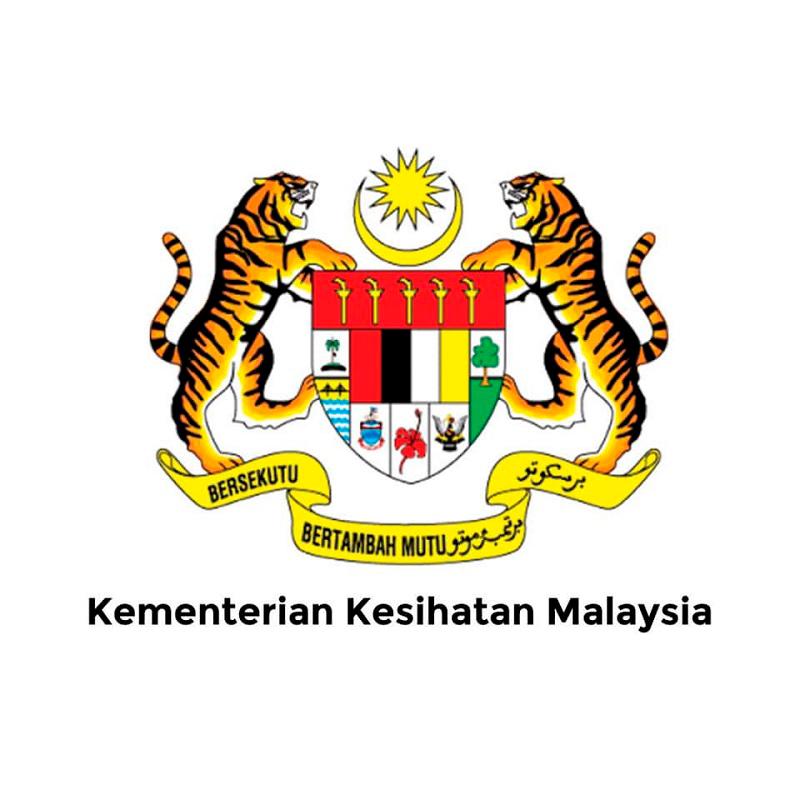PUTRAJAYA: A total of 910 out of 63,784 premises inspected by the Ministry of Health (MOH), from January to June this year, have been ordered to close due to lack of cleanliness.
In a statement today, the MOH said that a total of 16,415 notices for offences under Section 32B of the Food Act 1983 have been issued during the specified period.
For this period, 84.7 per cent or 79,818 out of 94,275 food handlers checked nationwide were found to have received typhoid vaccinations.
“Enforcement action has been taken against operators and owners of food premises who failed to meet these legal requirements,“ said the statement.
MOH said enforcement action that can be taken against owners of dirty or unclean food premises include an order to close the premises for a period not exceeding 14 days under Section 11 of the Food Act 1983.
Individuals who flout the directive can be prosecuted and, if convicted, may face imprisonment for up to five years, a fine, or both.
Meanwhile, the MOH said that the provisions for hygiene at food premises, and for utensils, food handling practices by food handlers, and food transportation are detailed under the Food Hygiene Regulation (PPKM) 2009, where there are 33 compoundable offences.
Any individual who fails to pay the compound can be prosecuted in court and, if convicted, can be fined up to RM10,000 or imprisoned for no more than two years, according to the MOH.
In this regard, the ministry emphasises to all owners of premises as well as food handlers to always practice good food hygiene and safety practices, and to comply with the prescribed legal requirements for the public’s health and well-being.
“The public is advised to practice ‘Observe and Choose’ clean food premises that display the Clean and Safe Recognition (BeSS) logo from the MOH,” said the statement.
“Practice ‘Look, Smell, Taste’ because it is the first and easiest step to avoid food poisoning.”
If you wish to upload any photographs or videos related to food hygiene and safety issues on social media, the MOH advises the public to specify the location of the food premises in question so that immediate action can be taken by the authorities.









